“Rule one of reading other people’s stories is that whenever you say ‘well that’s not convincing’ the author tells you that’s the bit that wasn’t made up. This is because real life is under no obligation to be convincing.” - Neil Gaiman
I write historical fiction now so I don’t have the temptation to slip in first-hand contemporary anecdotes. And it would be a temptation; imagine if you could time travel and Khubilai Khan leans over to you during a banquet in Shang’tu and whispers: “You’ll never believe what happened to me once when I was pillaging the Chinese …”
And you rewrite your plot just to fit in his story.
I recently re-edited and re-released some books I wrote about the genesis of the drug trade in South East Asia. (Because they had never published in the US before.) When I wrote them, I went to Thailand, Laos and Vietnam for the research but I needed some inside information on the Triads so I ended up in Hong Kong. With some persistence I found a detective inspector with the glorious monicker of John Chetwynd-Chatwin, a man of infinite charm and patience who offered to help me. He introduced me to a number of his friends and colleagues in the Hong Kong police force.
| photograph QWB656 |
One of his fellow DCI’s - a brilliant character and a lovely bloke who looked a bit like Magnum PI down to the S&W down the back of his pants - took me under his wing and showed me around. He was great company and also a fantastic story teller.
One of the stories he told me was about two triad henchmen who were at a loss with what to do with a body one night - as can so easily happen - and so they broke into a dumpling factory and tried to force the corpse through a mincer. Yum cha anyone?
But the body jammed, and when one of them tried to release it he got his hand stuck in the machine and lost two of his fingers. After his mate retrieved them he took his pal and his mangled digits to the local emergency department. The doctor who tried to re-attach them was quite puzzled. His patient had lost an index finger and a thumb. What they had brought in with them to the ER was a pinkie and part of a toe.
His suspicions were aroused, as they say.
And that’s how the cops made the arrest. The two hitmen were caught red-handed.
The other story involved a couple who leased a 26th floor apartment in Kowloon and decided to reinvigorate the sadly neglected window box. It was massive, probably the size of a small car.
When they started digging, they discovered to their great surprise that it contained an acquaintance of the previous tenant. The last occupier, to the surprise of no one in the Hong Kong police, had recently emigrated and left no forwarding address. He was known to them, as the saying goes.
Didn’t even try and get his bond back.
| photograph: Eckhard Pecher |
Naturally, I found a way to work both these stories into my plot, thinking I was being very smart. But I discovered there is a danger to doing this.
Several friends read the book and afterwards they took me aside: “Look, loved those books you wrote about the triads …but that bit about the meat mincer … and the window box … wasn’t that a bit far-fetched?
The only things they found incredible, in fact, were the two things I never actually made up.
Oh, in terms of research and historical accuracy, the books were sound. But the business, the action, the incidents - all invented. Plausible, possible - but imagined. Except for these two stories. And they were the two things they picked up on.
So it’s true; truth always is stranger than fiction. Truth doesn’t need a reason to exist. But your story – well everything there has to make sense in terms of the entire fabric.
So from now on I try very hard to make my fiction realistic; but not so realistic that people think that – well … think that that I’m just making it up.
The OPIUM series traces the growth of the heroin industry from the days of Corsican pilots throwing sacks of opium into the backs of Cessnas to the multi-million dollar business of the nineties. And today I’m giving away the first three ebooks in the series to the first person who can email me and tell me the name of the area where most South East Asian opium poppies are grown. Clue: it’s not Bermuda. Write me at colin underscore falconer underscore author at hotmail dot com.
| http://tiny.cc/co7ha |
| http://tiny.cc/2tphe |
| http://tiny.cc/24vth |


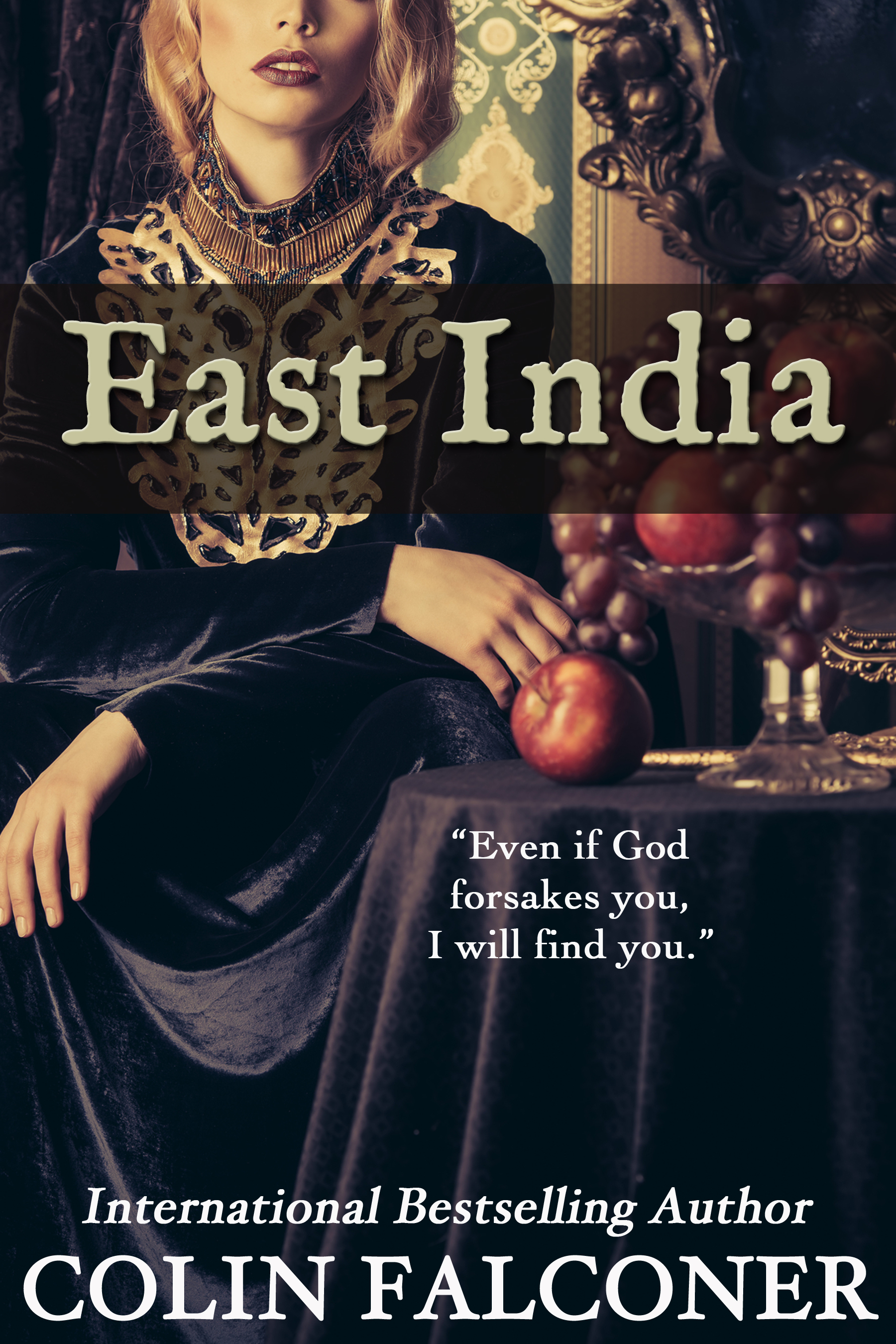
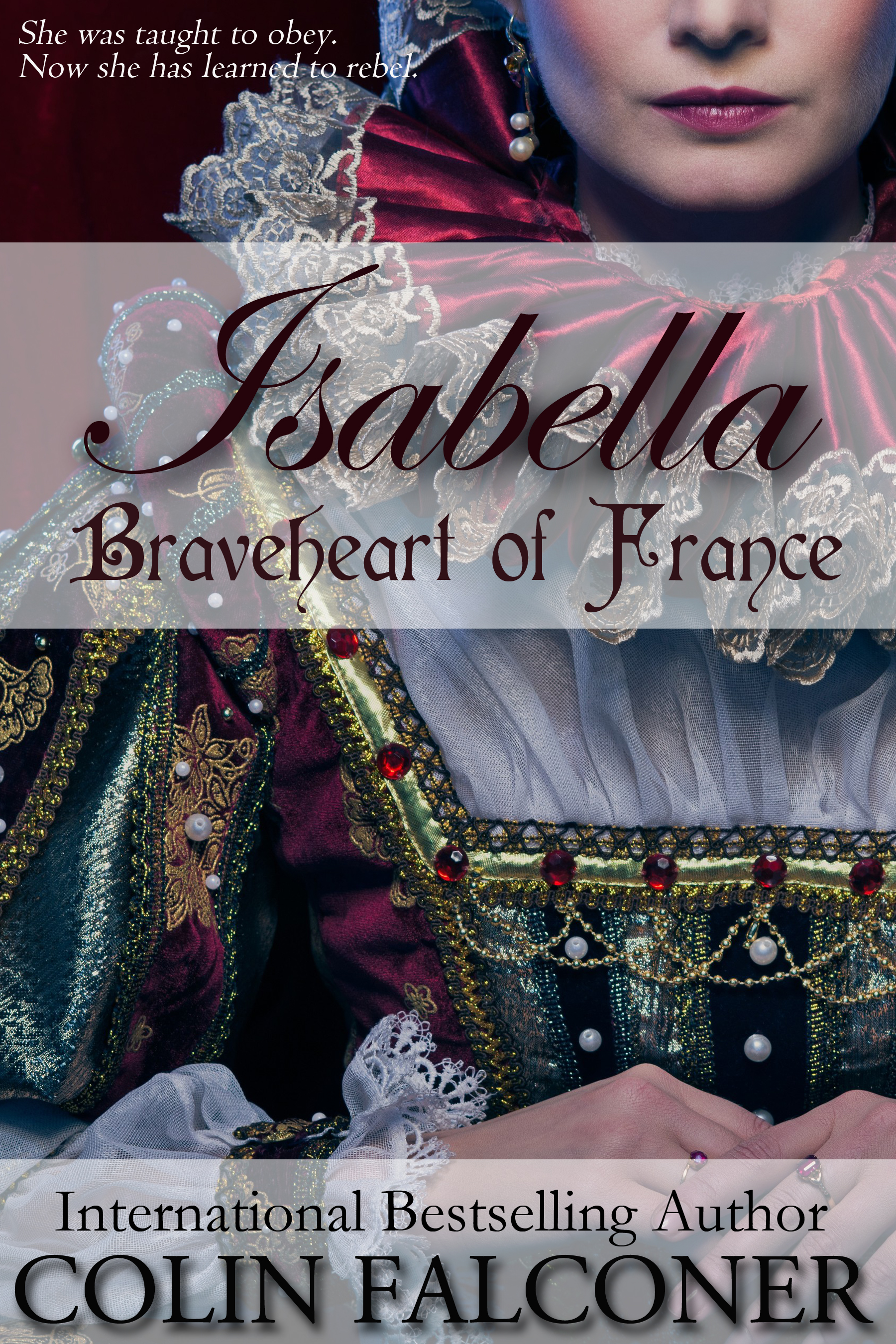
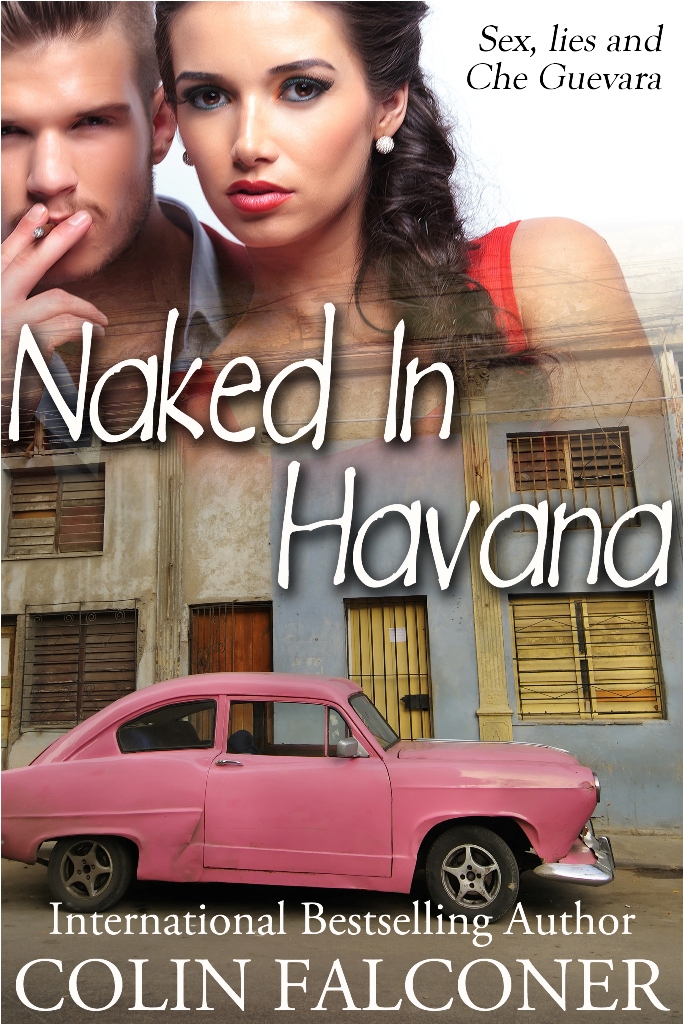
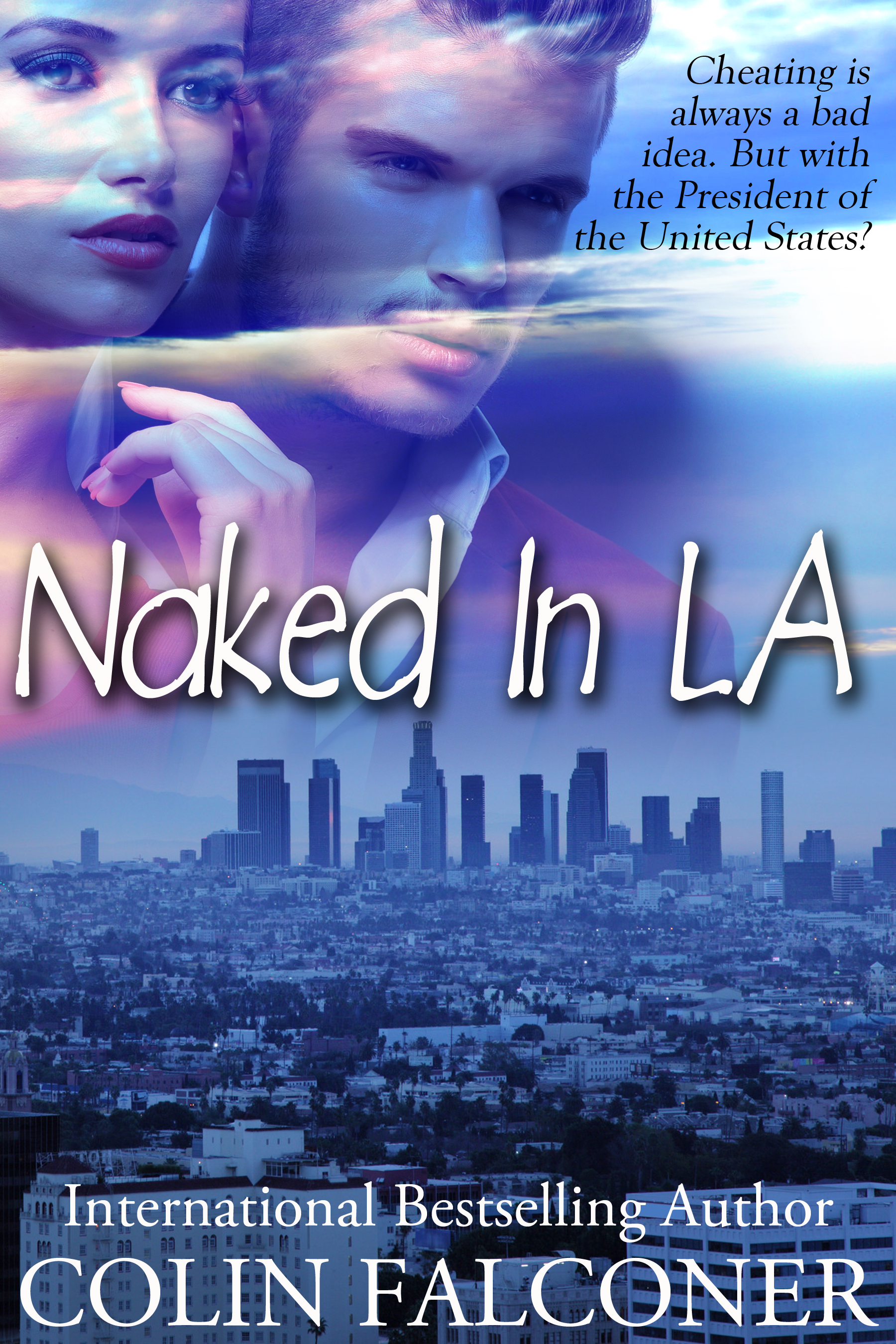
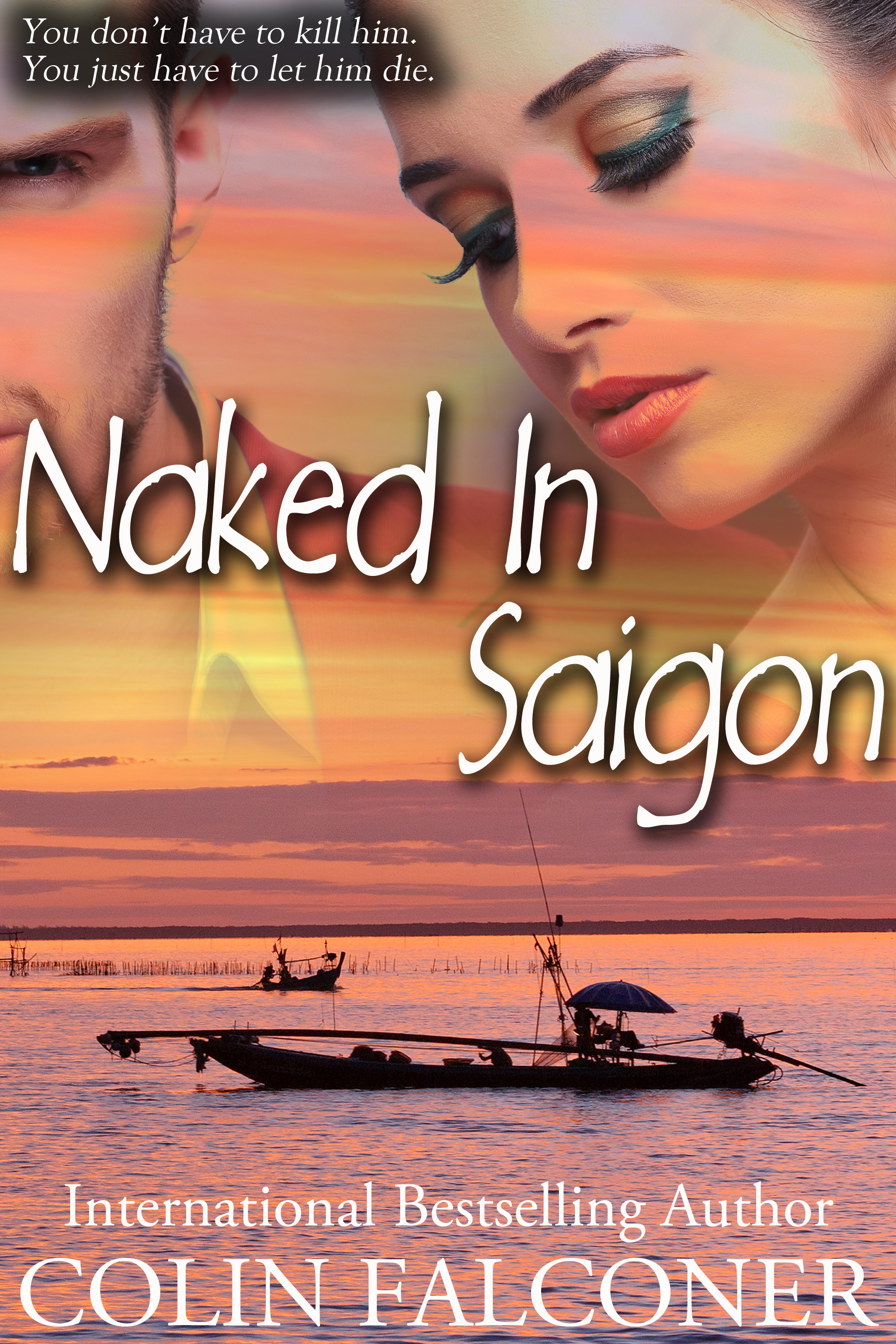
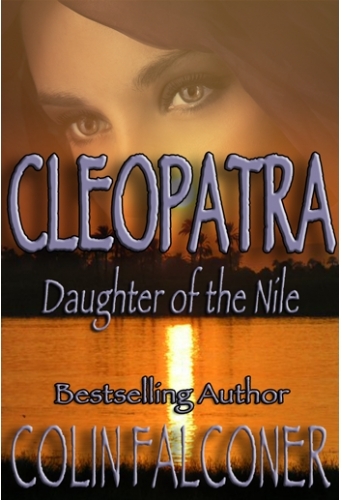
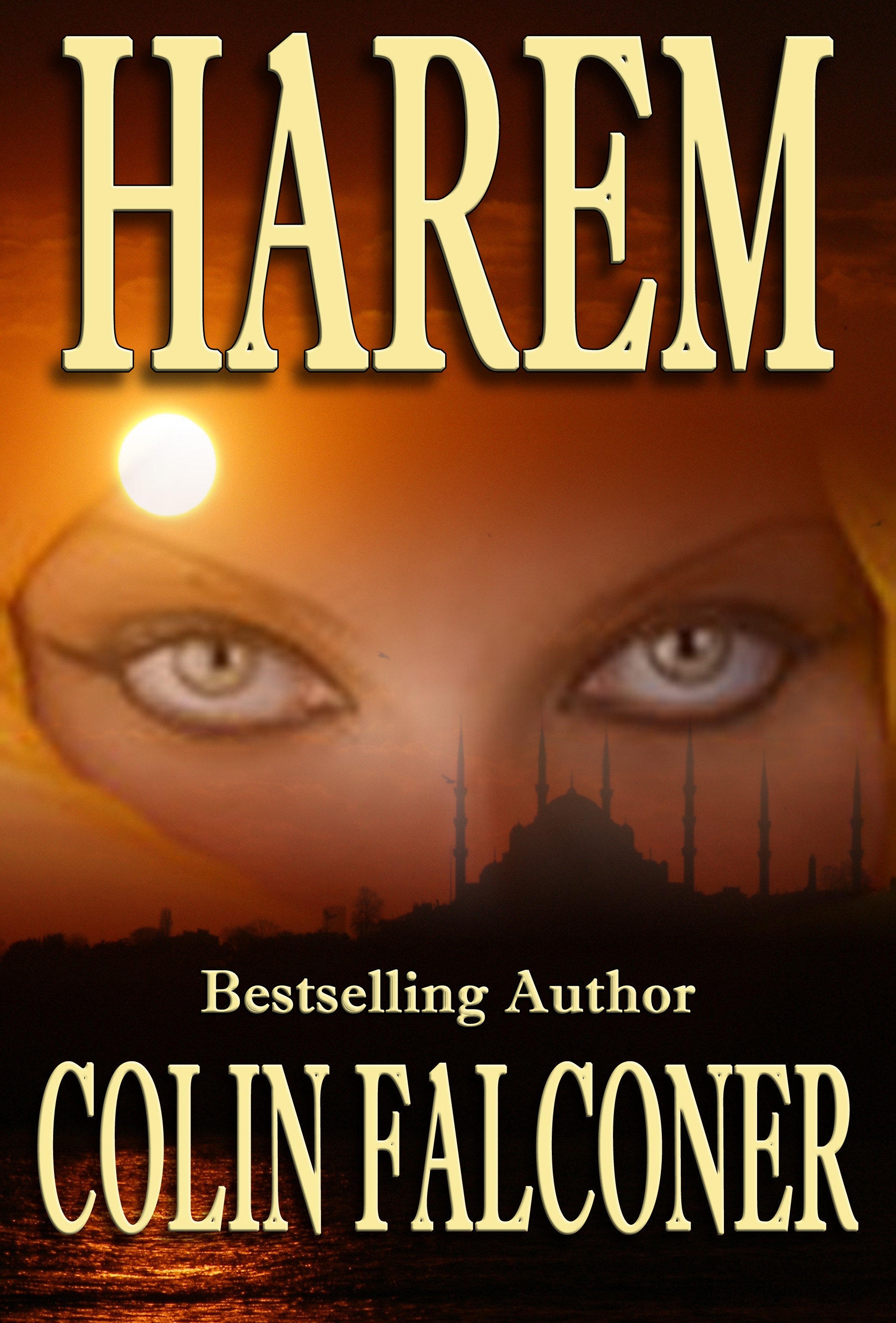
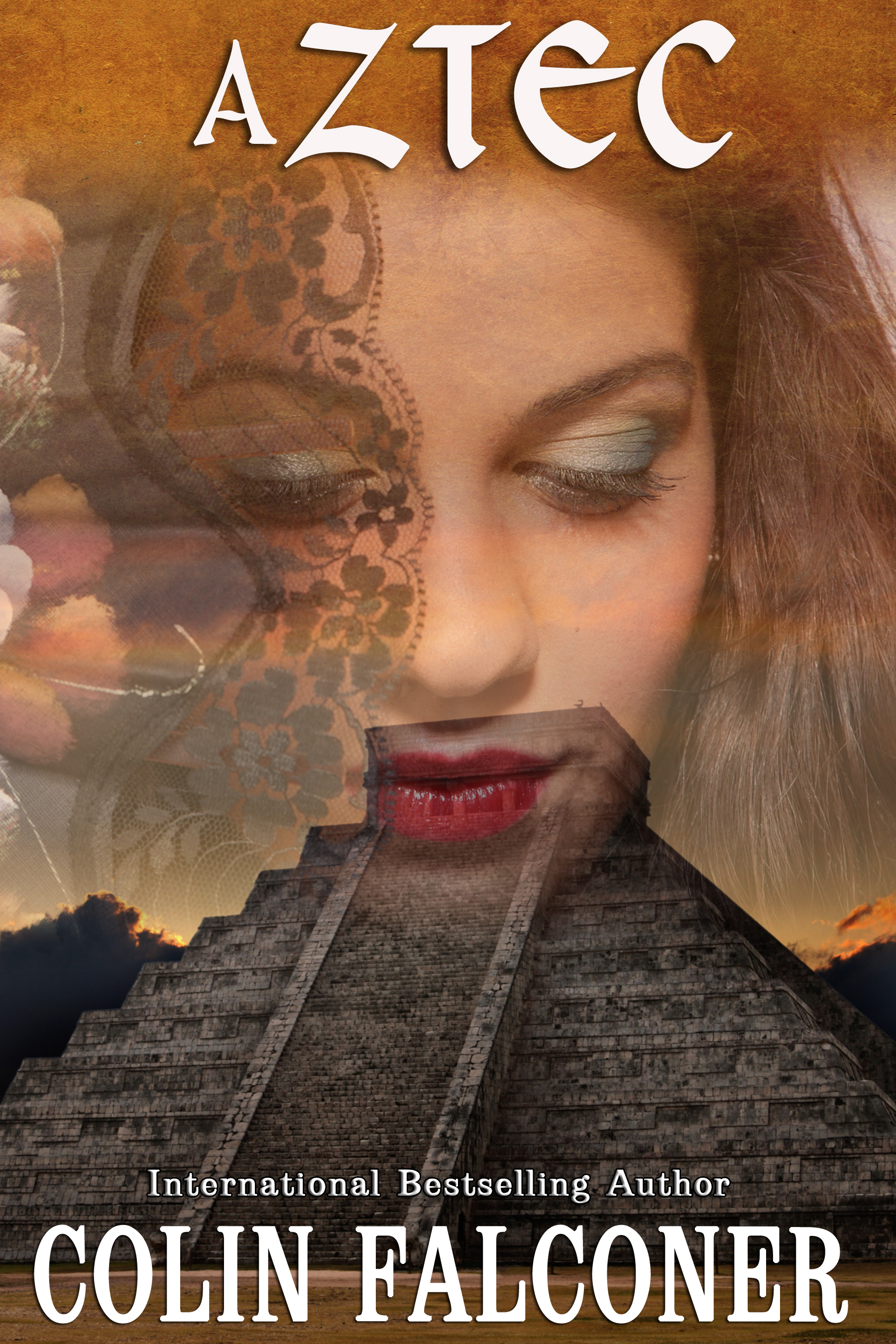
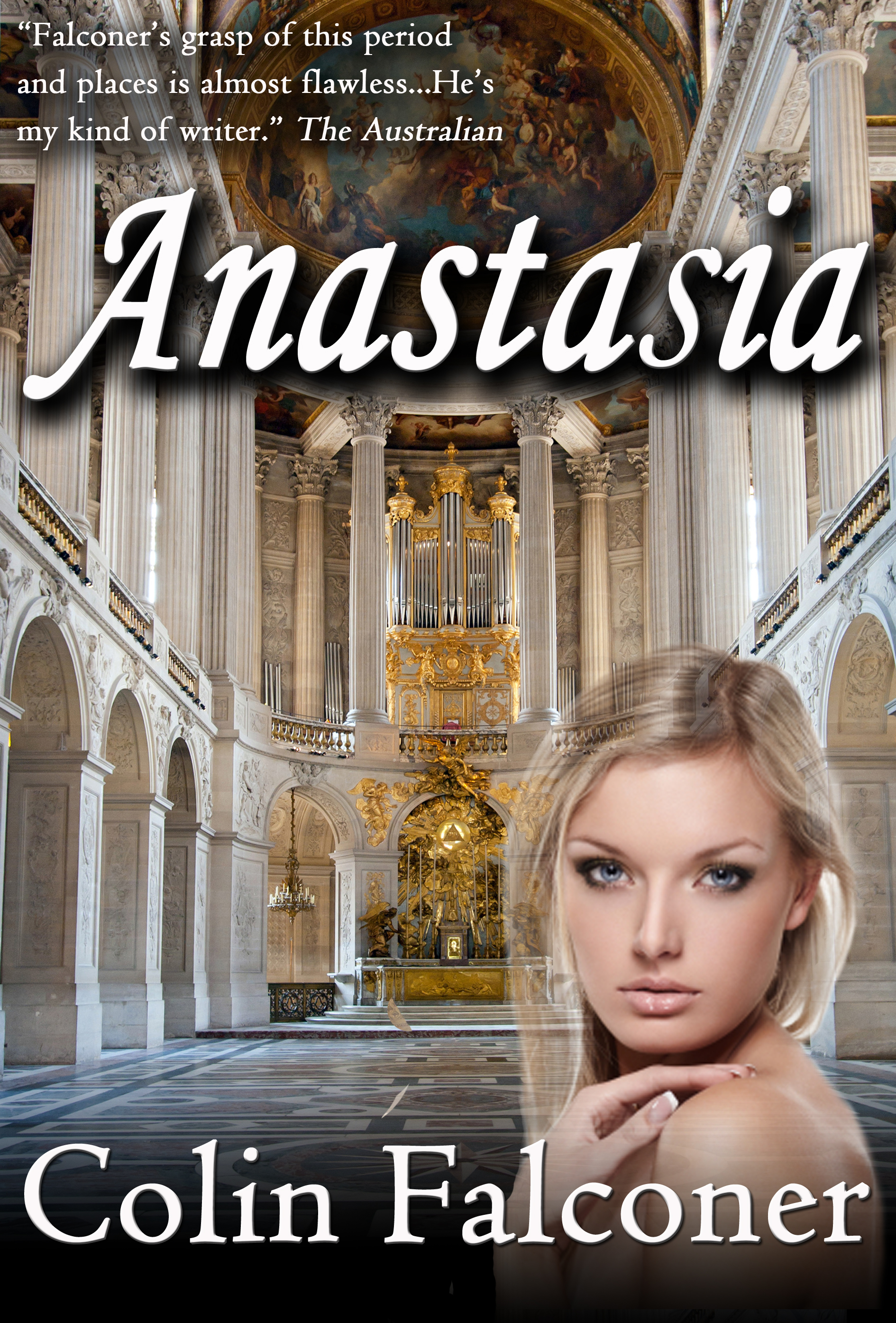
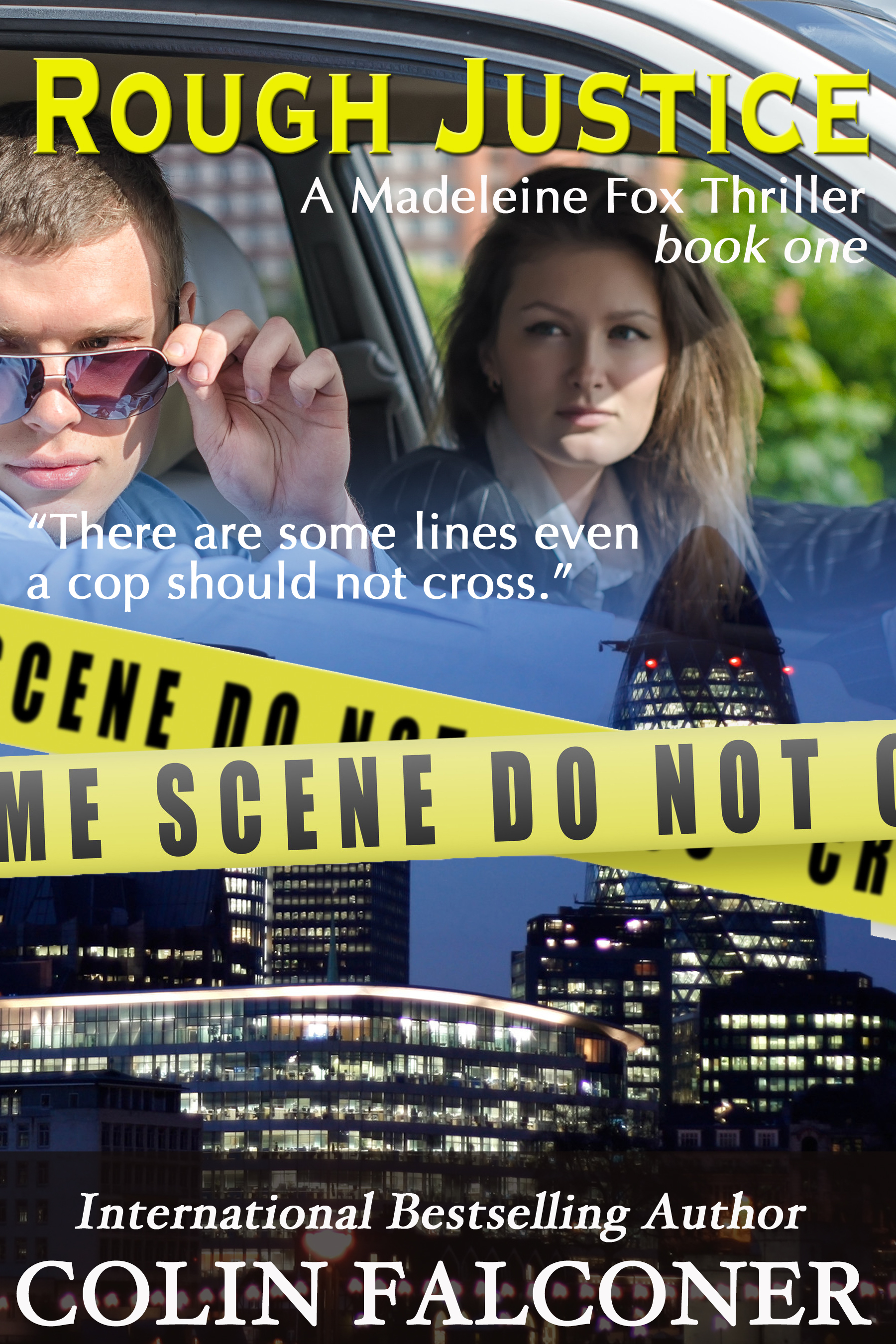
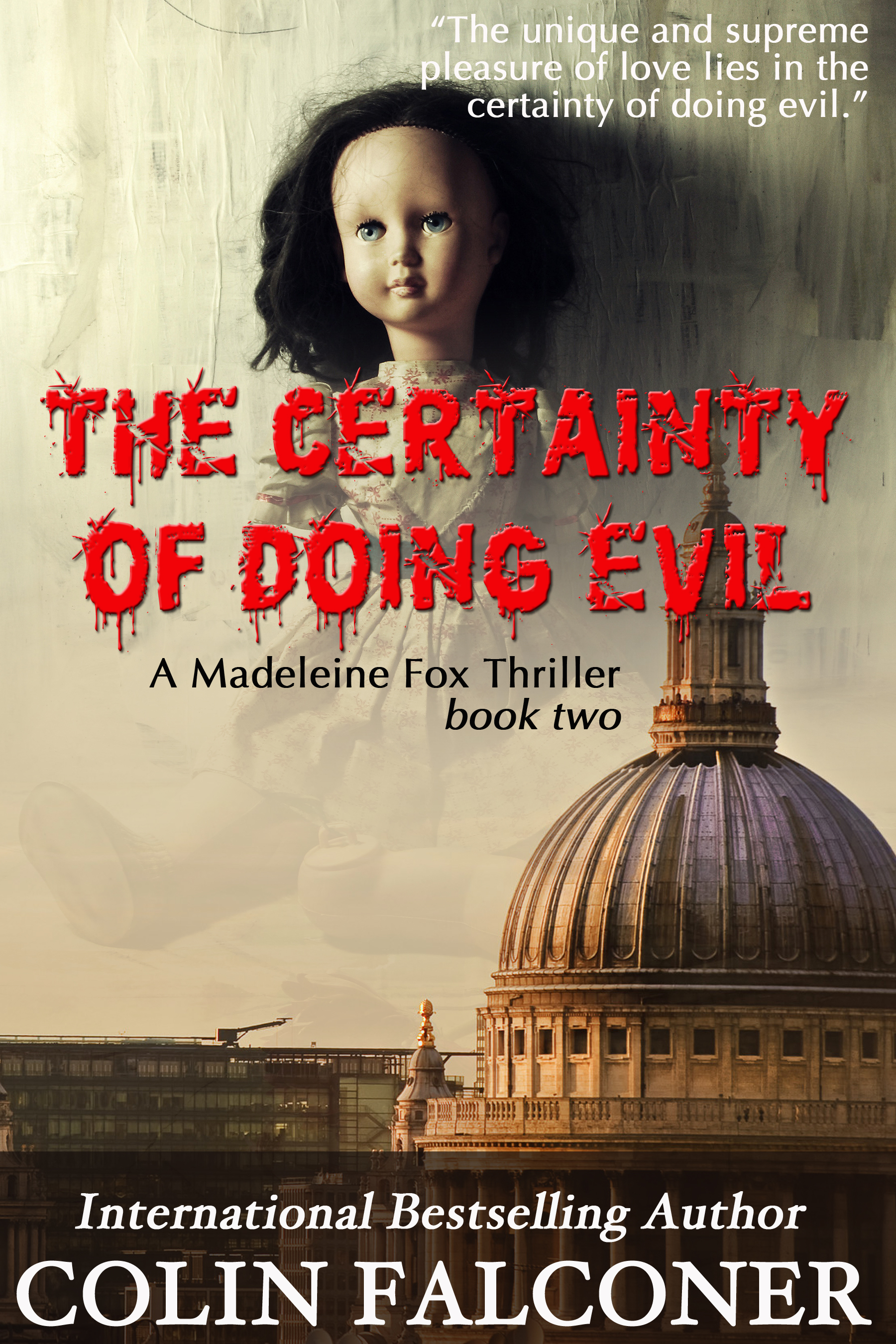
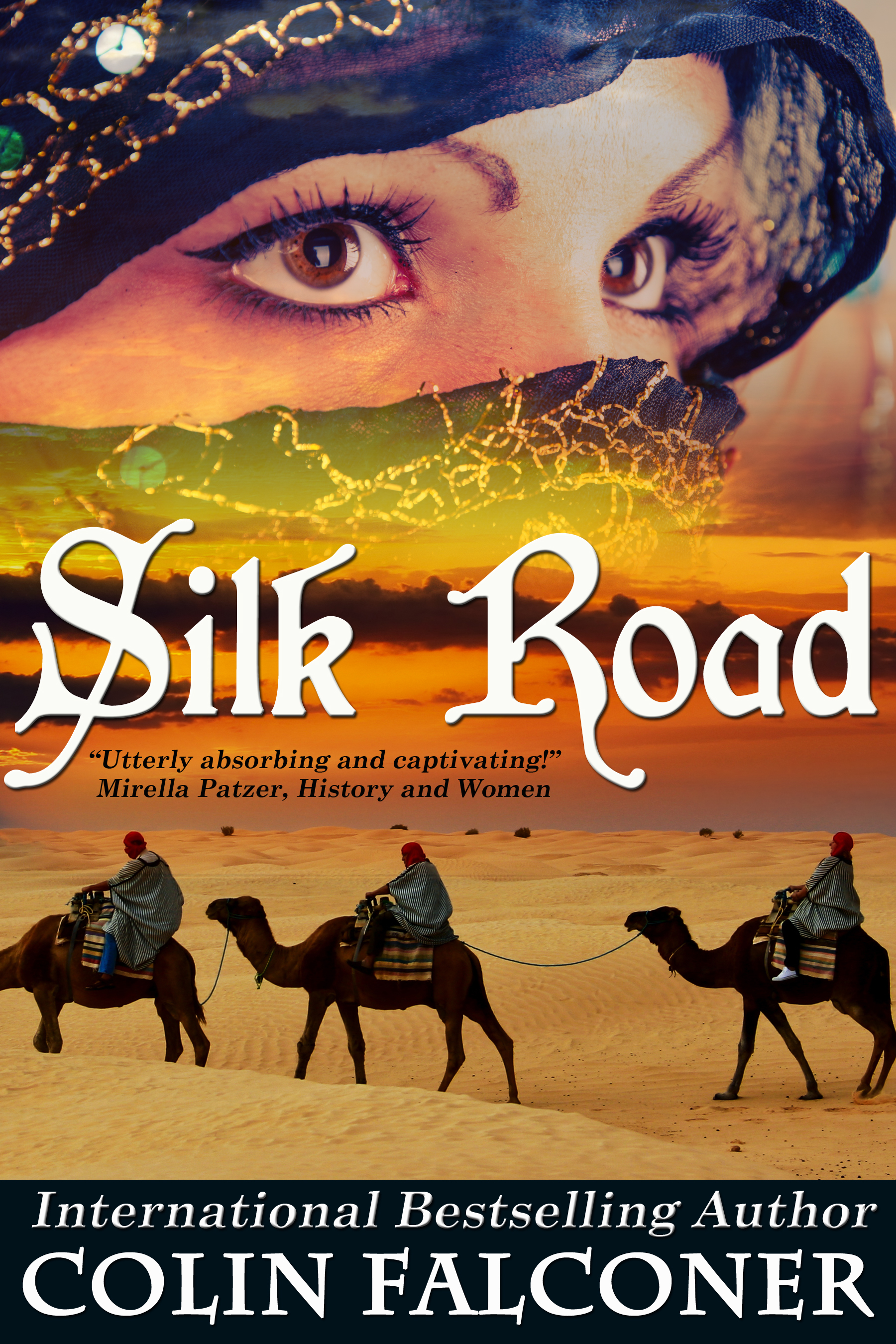
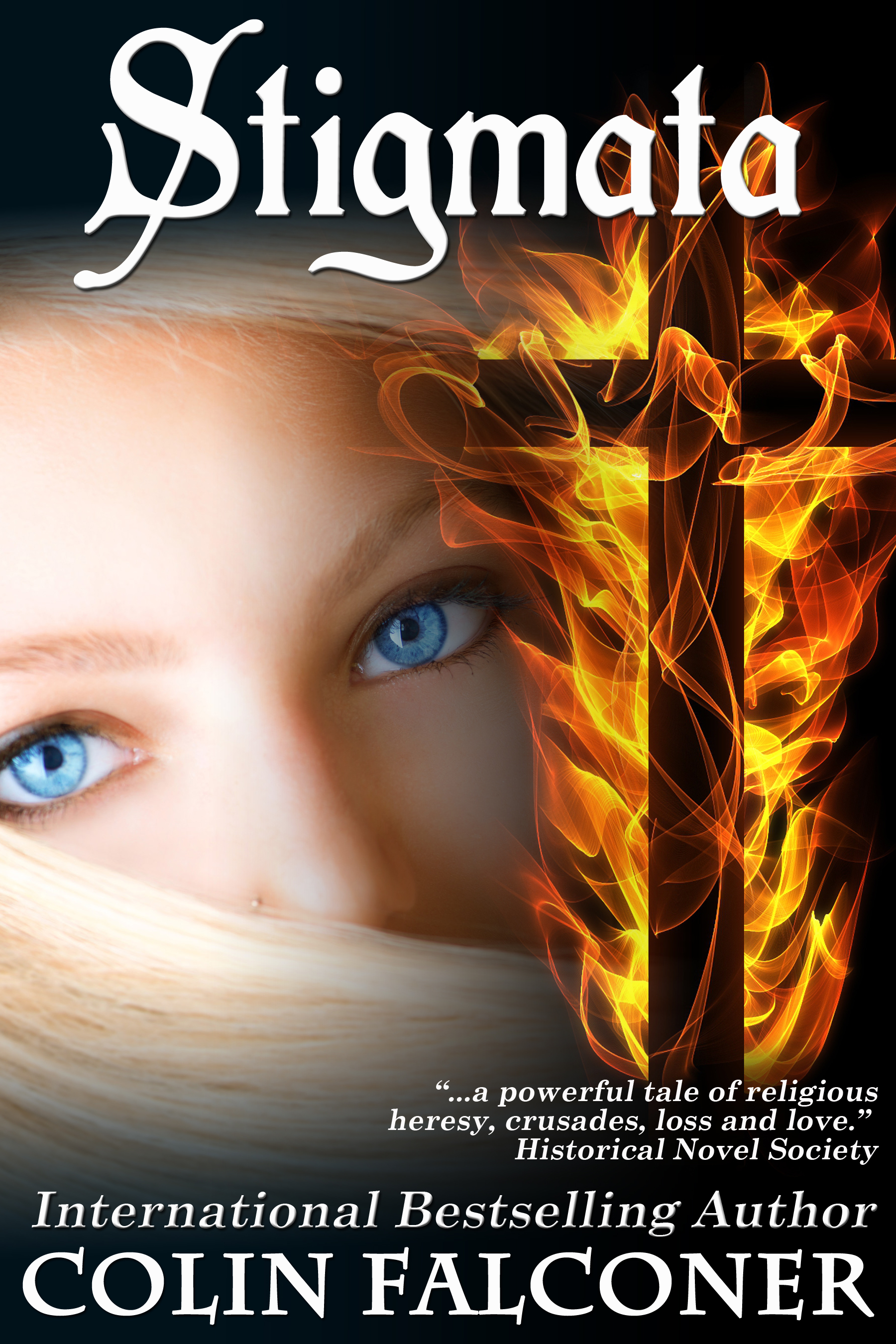
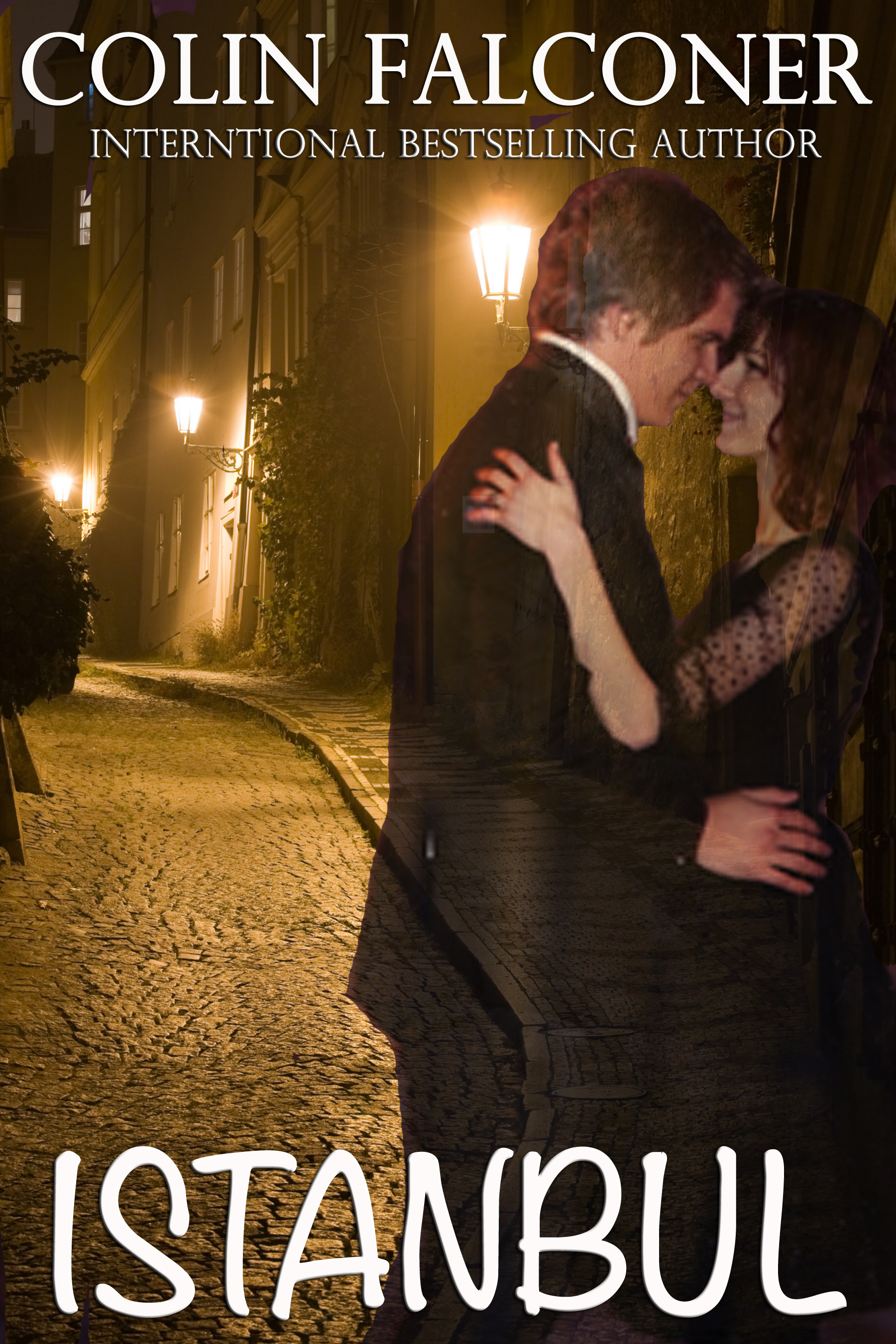

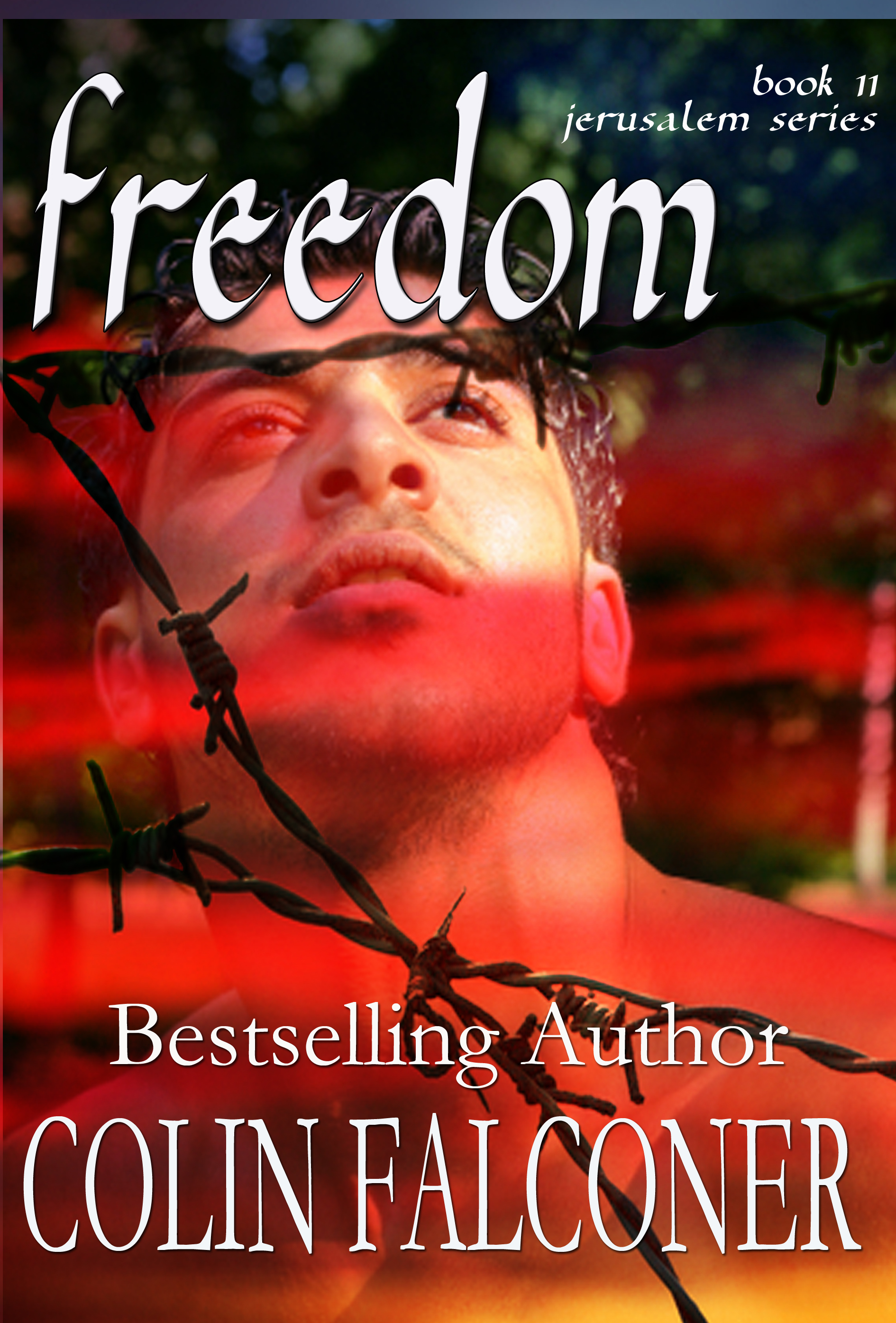


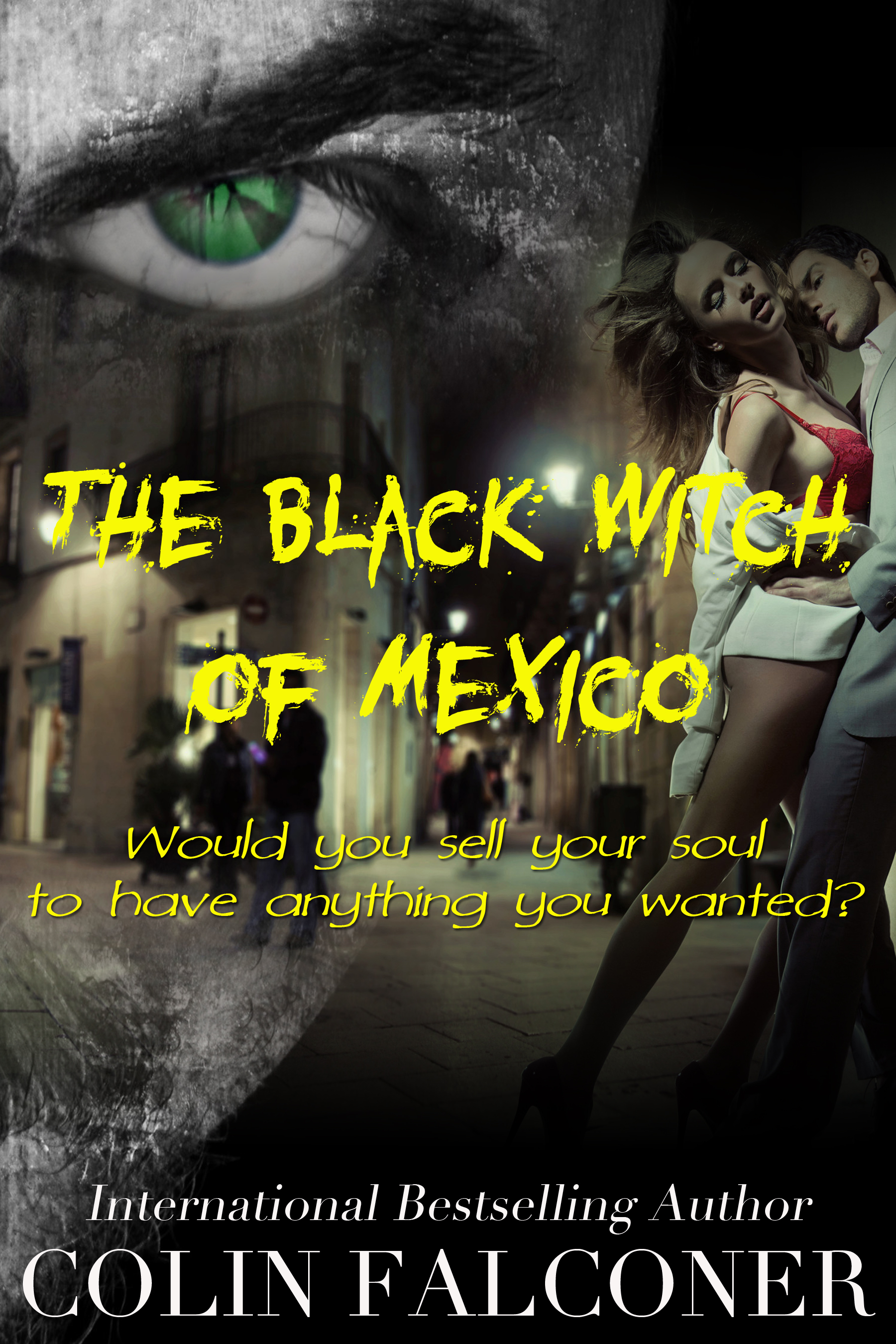

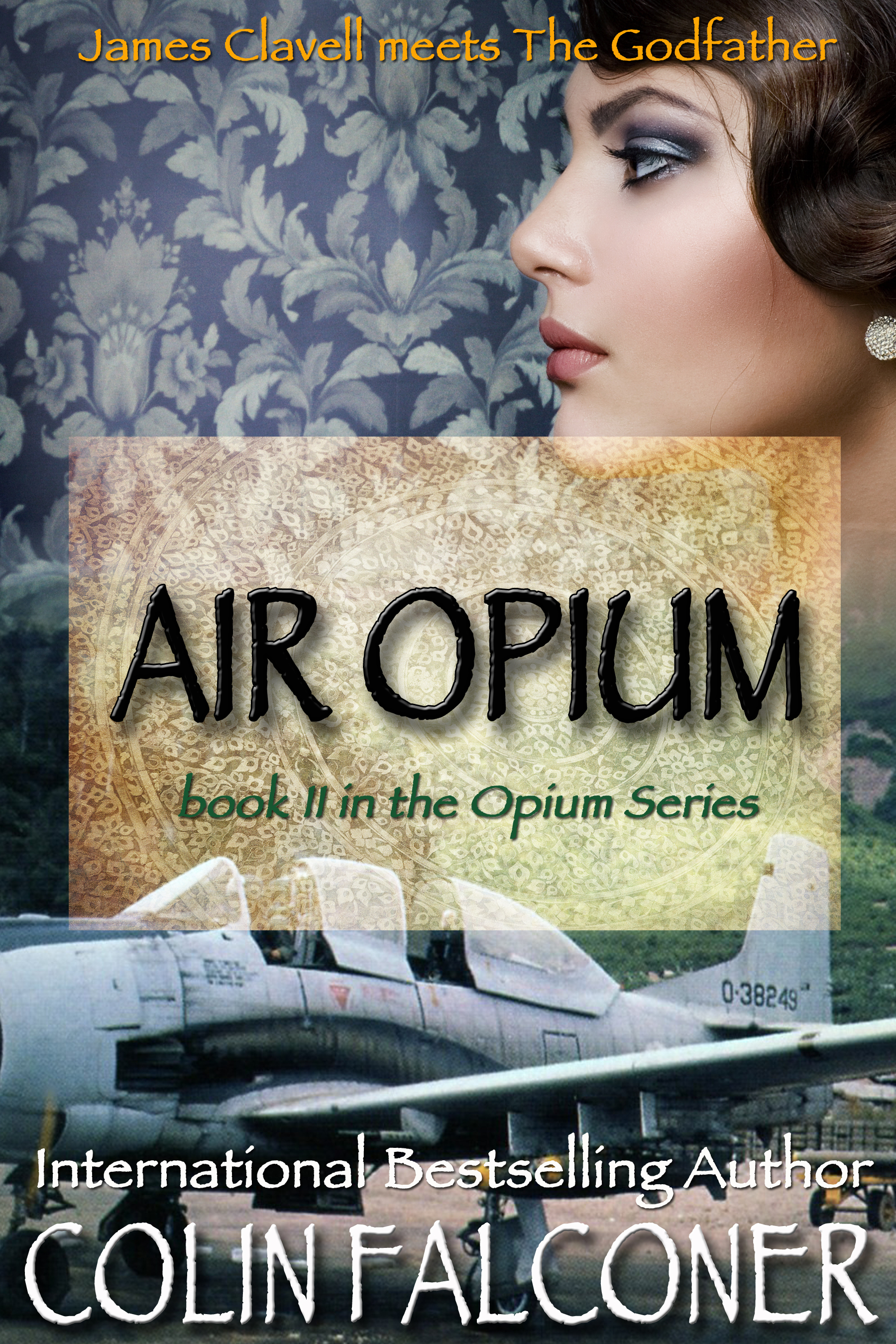
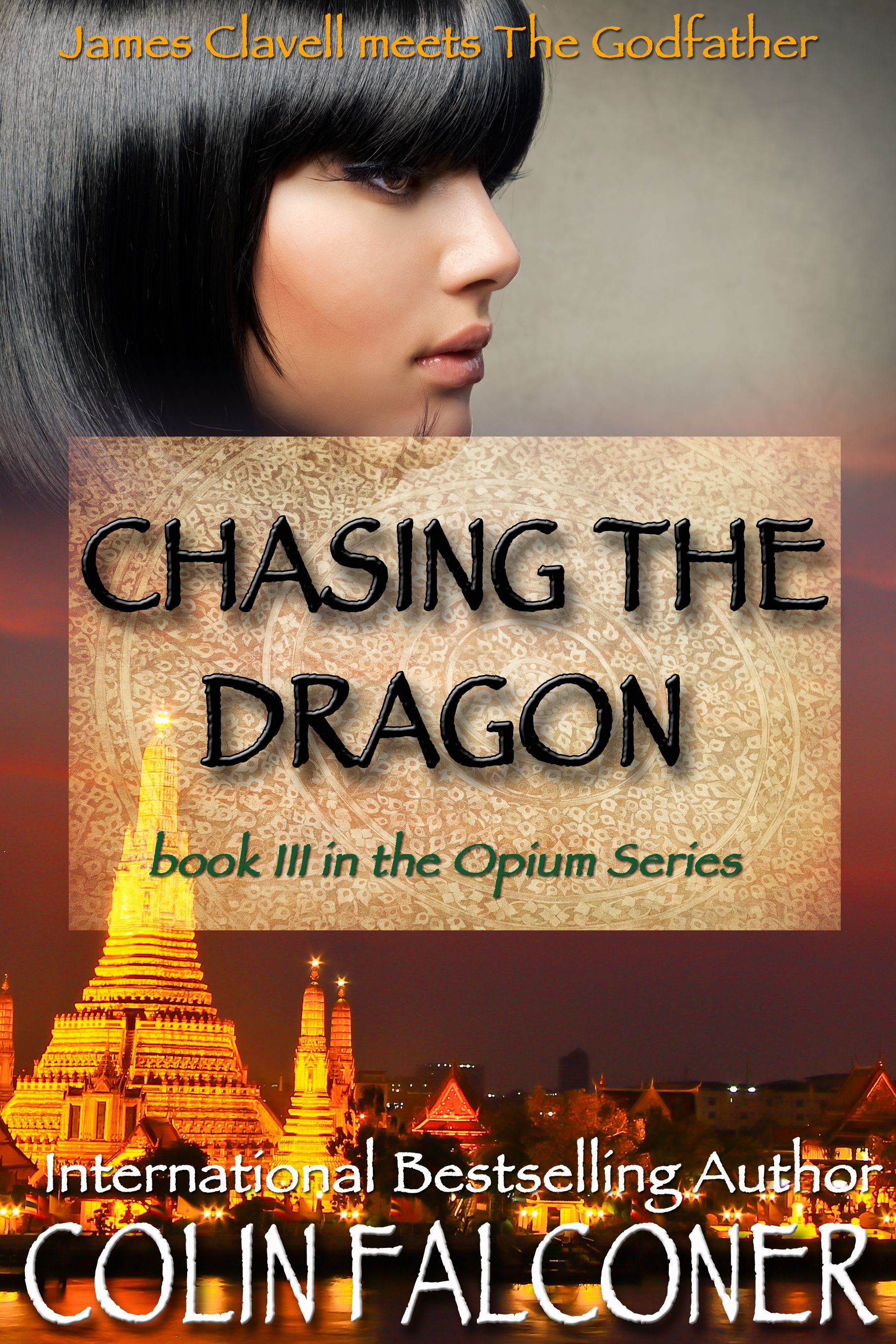
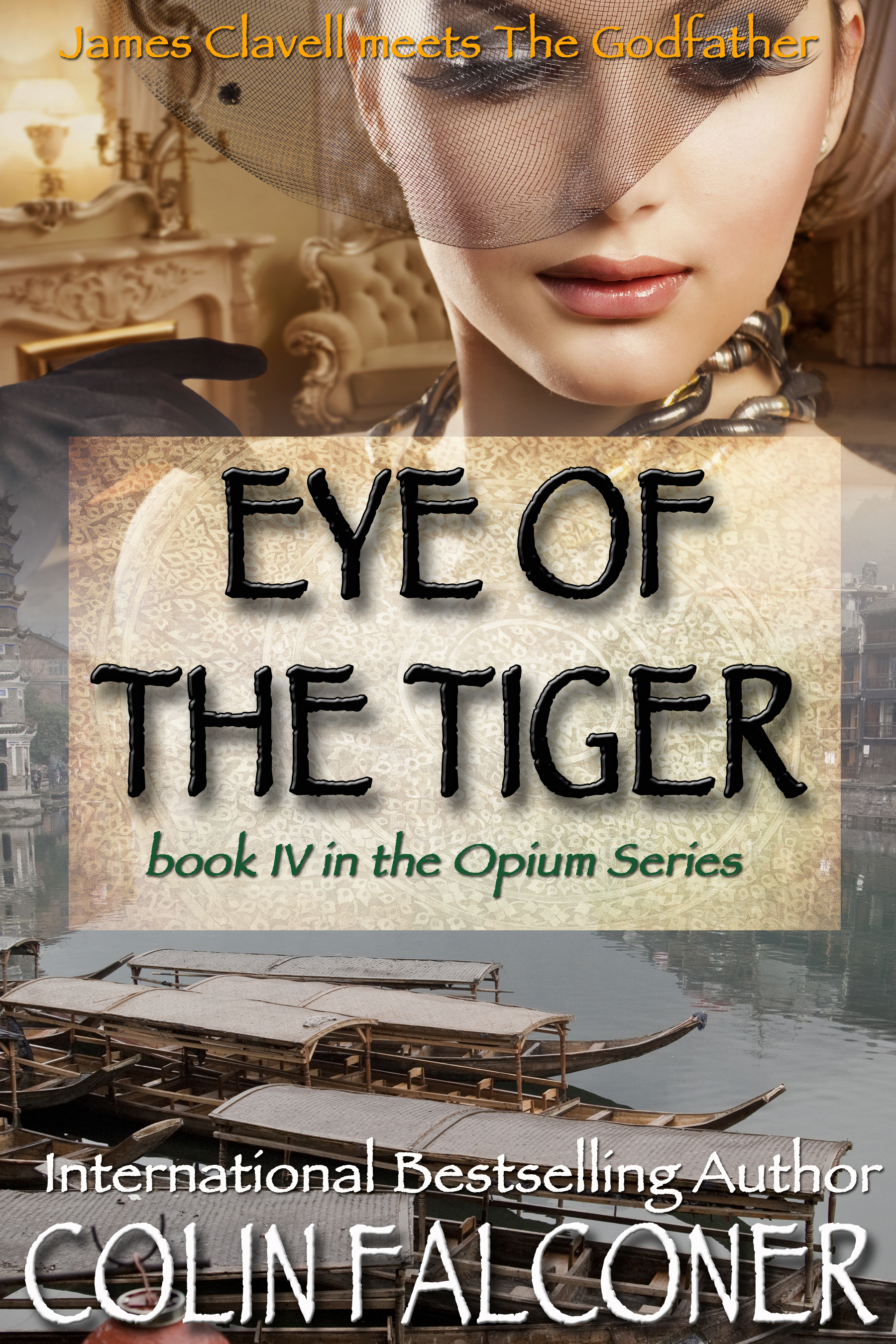
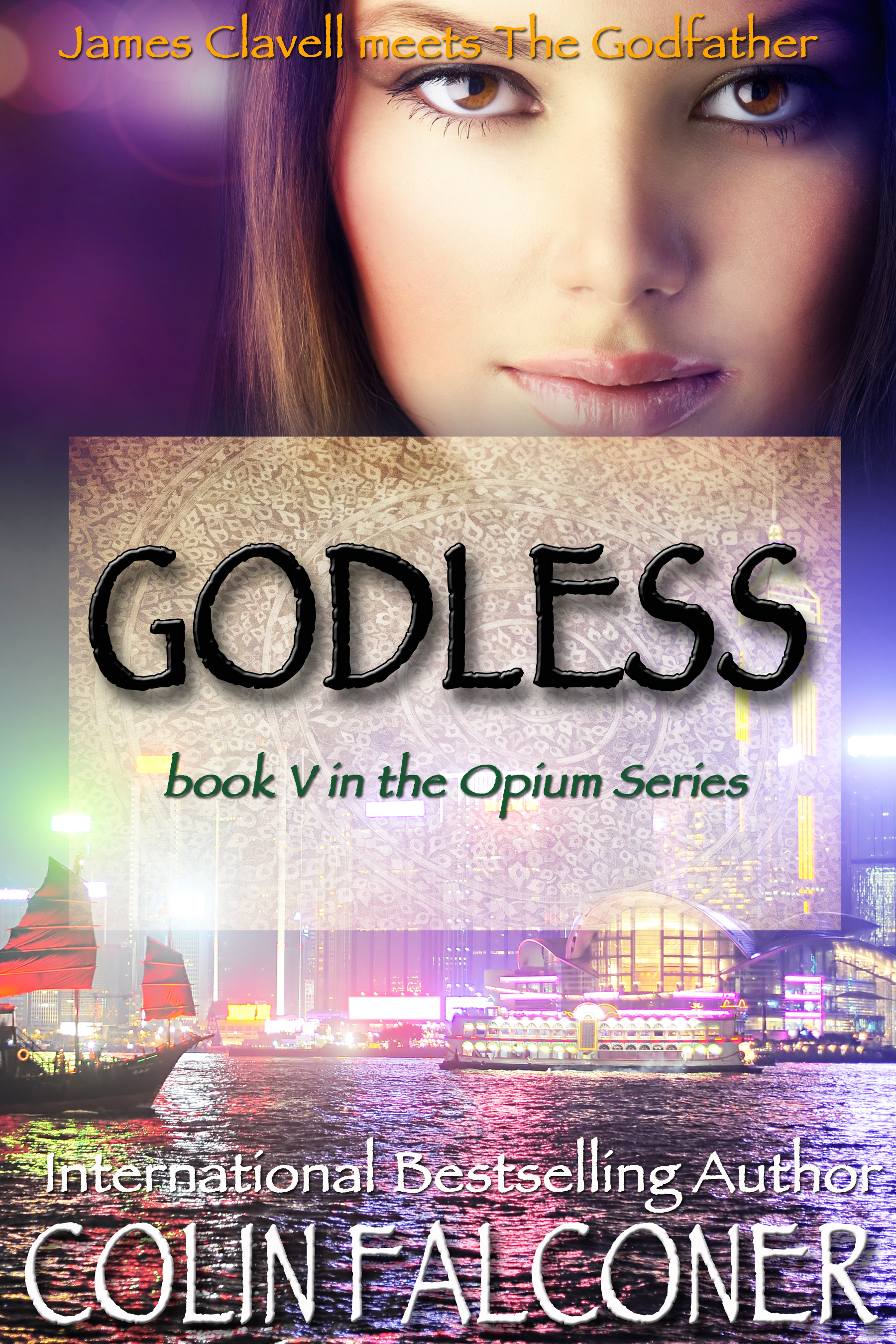
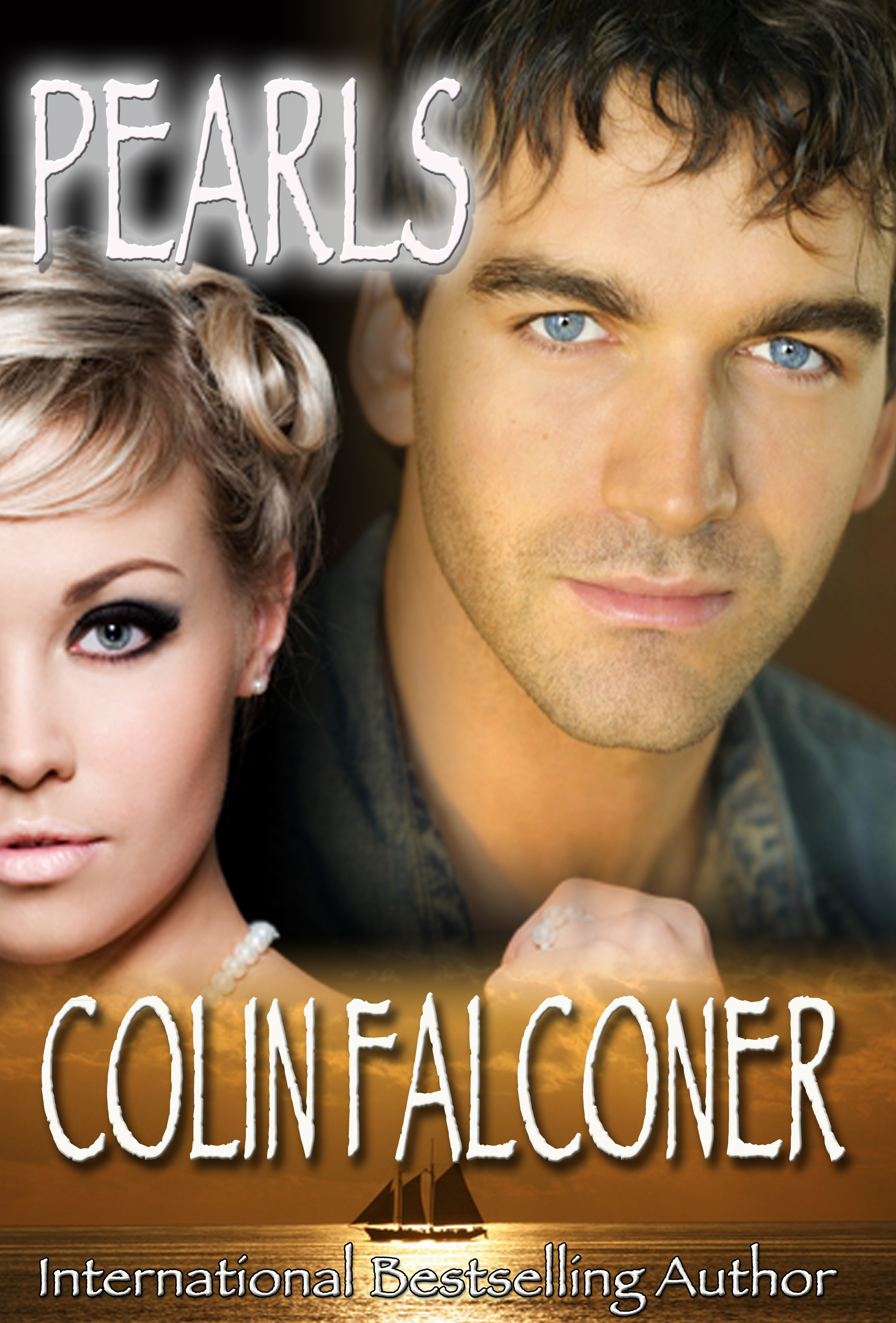

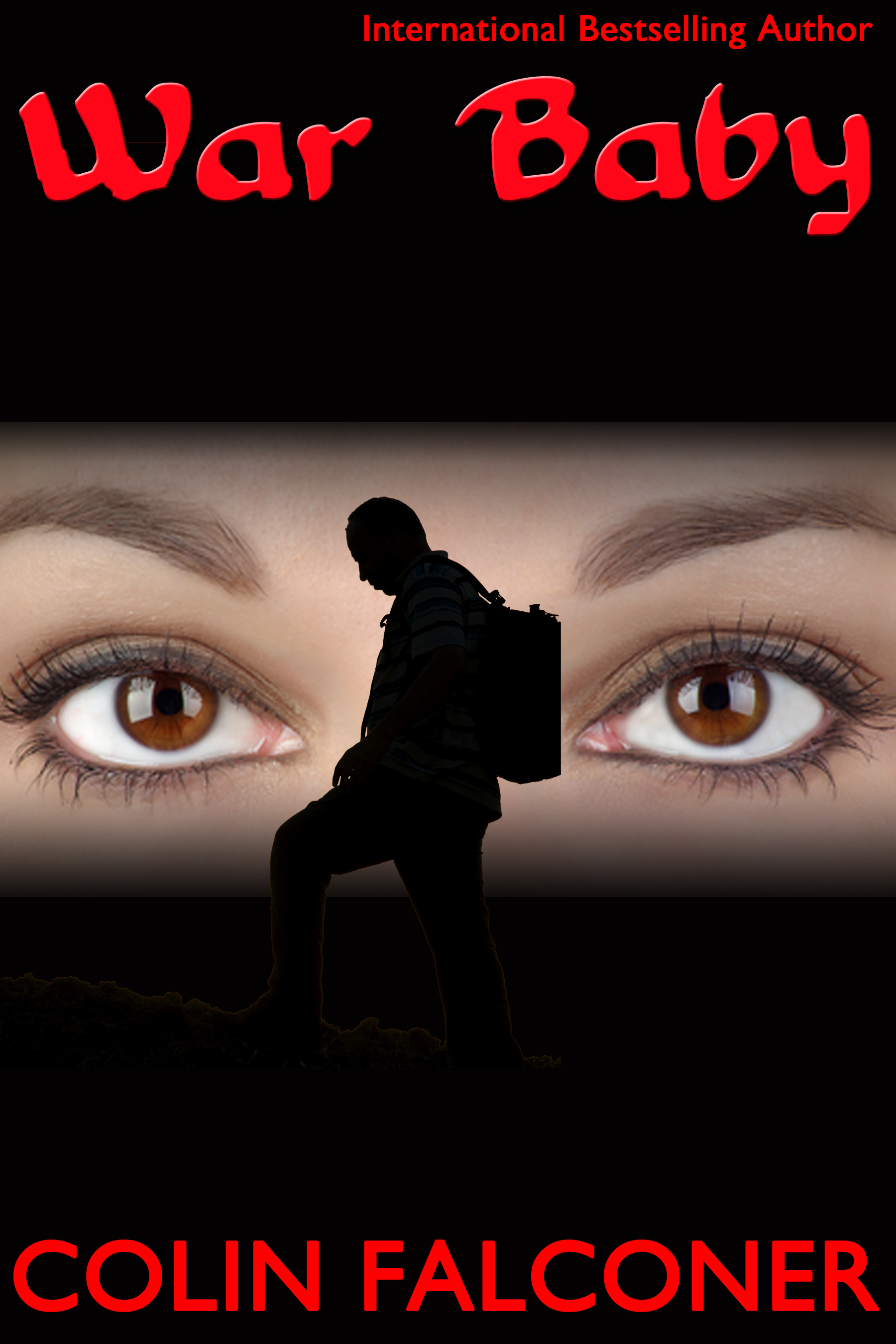
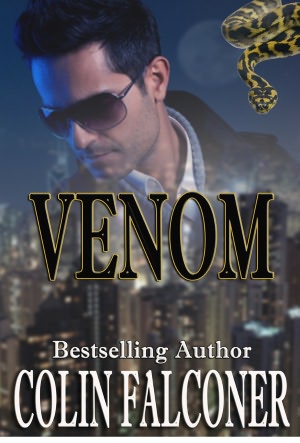
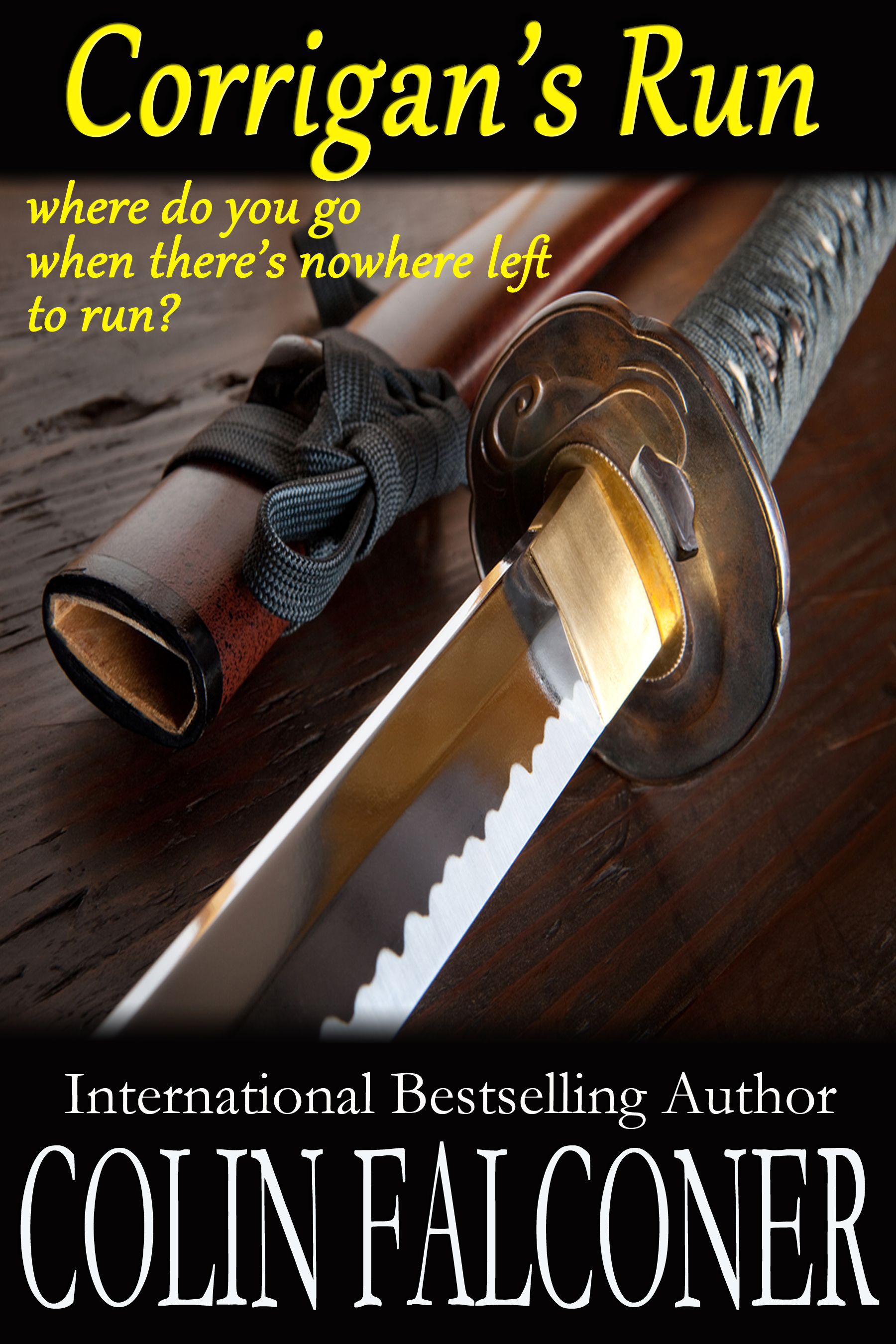
I always found it funny when I was a kid and my father would say things like "kid, you couldn't make that up if you tried," but now, as an older much wiser writer, I get what he was saying. The truth, or reality, doesn't always make sense, what we write, has to make sense. If that makes any sense at all…
Isn’t that what they say? “The truth is stranger than fiction.”
I love these stories! They sound just about right to me lol. It's funny how real life stuff just doesn't sound real sometimes.
It makes perfect sense Jenni. What we write does have to make sense - which we're beaten over the head with in writing class, with good reason. Thanks Melinda - you're right life may imitate art, but not quite closely enough!
It is kind of ironic, isn't it? I've had similar experiences. I take out my history book or whatever source I took the info from and point to it and say, "Look it really happened!" Not that it makes it any better. Another great post, Colin.